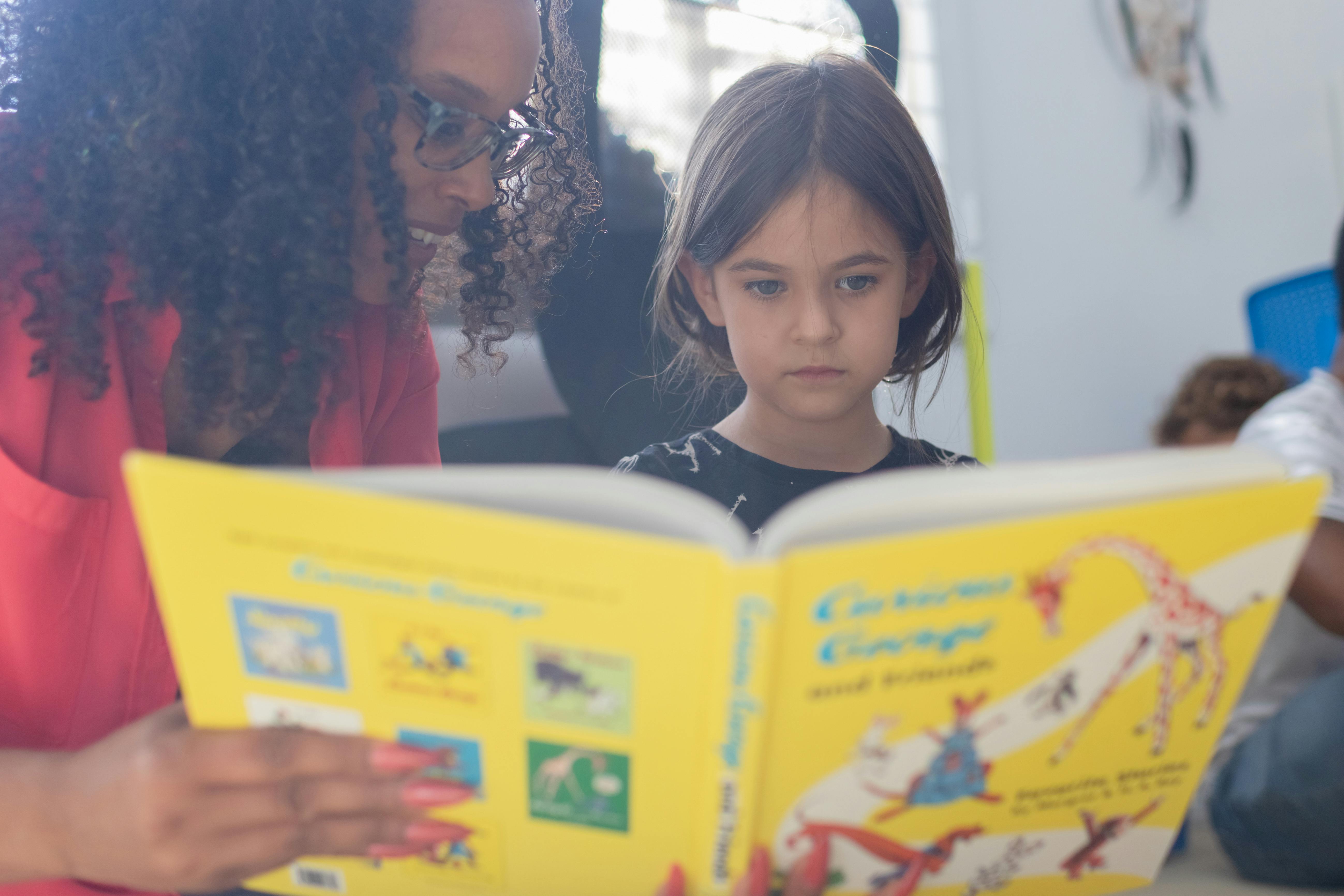
World Book Day is a special occasion dedicated to the joy of reading and the power of books. It’s a time to celebrate stories, authors, and the impact books have on our lives. Books don’t just entertain—they educate, inspire, and provide comfort, especially during difficult times. For children dealing with grief, the right book can offer reassurance, helping them process emotions and feel less alone.
The Importance of Addressing Grief in Children's Literature
Children, like adults, experience grief and loss, but they may lack the vocabulary or understanding to process these complex emotions. Literature serves as a powerful tool to help children navigate their feelings, offering comfort, understanding, and a means to express themselves. Books that address themes of grief can provide validation for a child's emotions and open up conversations between children and caregivers about loss and healing.
Five Notable Children's Books That Address Grief
Here are five children's books that sensitively and effectively address the topic of grief:
-
"Michael Rosen's Sad Book" by Michael Rosen
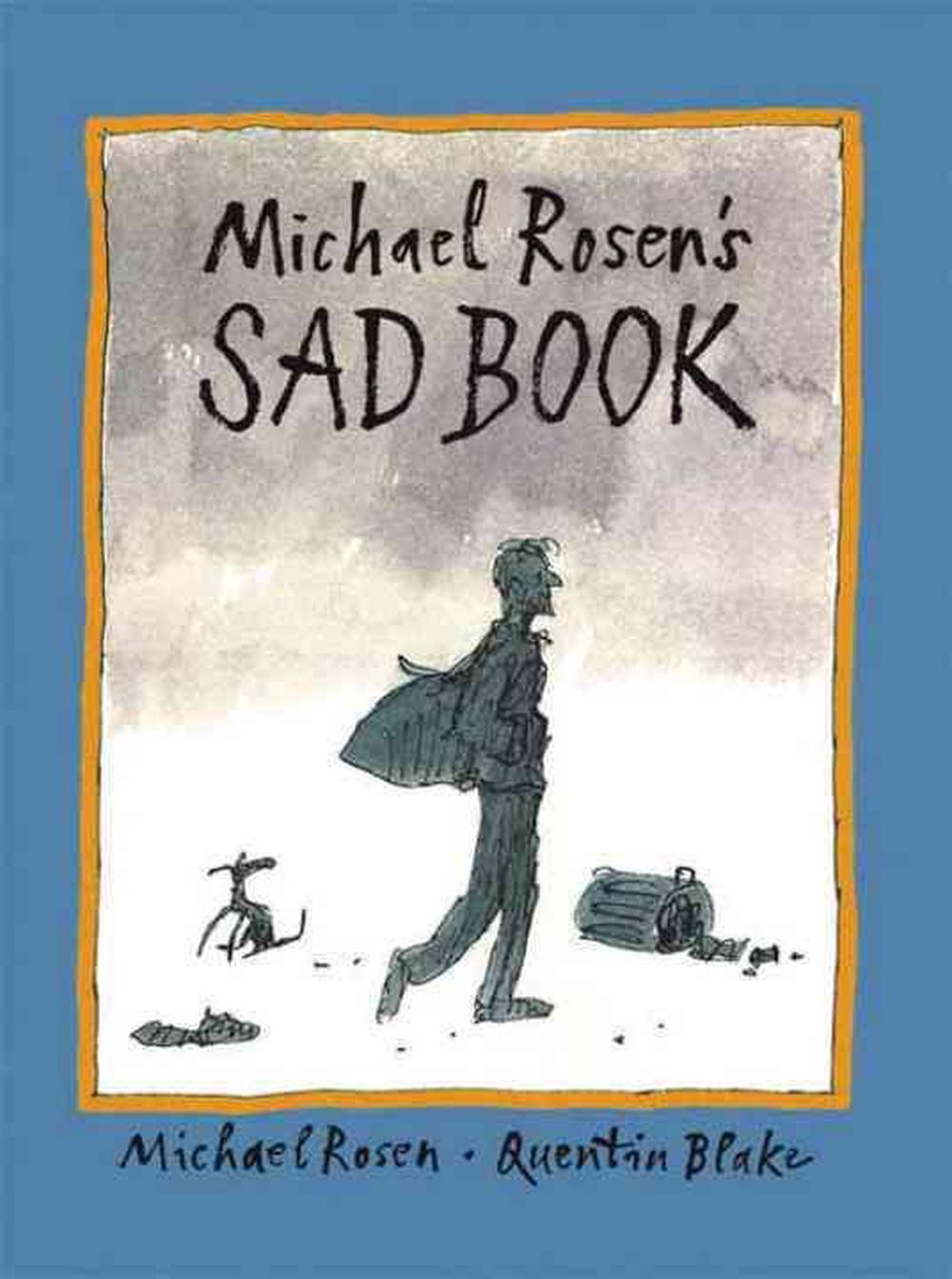
This poignant book offers an honest exploration of the author's own grief following the death of his son, Eddie. Rosen candidly describes his sadness, anger, and attempts to cope, providing readers with a raw and authentic depiction of mourning. The illustrations by Quentin Blake complement the text beautifully, capturing the depth of Rosen's emotions. This book is suitable for children aged 6 and above and serves as a gentle introduction to the complexities of grief.
-
"Is Daddy Coming Back in a Minute? Explaining (sudden) Death in Words Very Young Children Can Understand" by Elke and Alex Barber
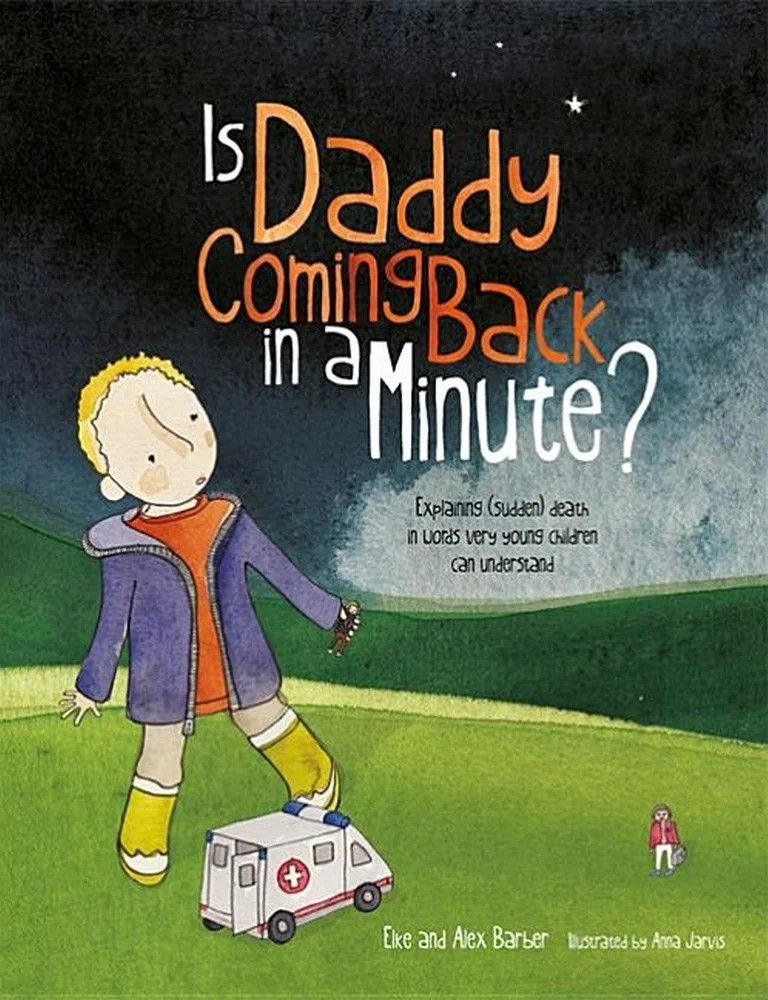
Written by a mother and son duo, this book addresses the sudden death of a parent from the perspective of a young child. It uses simple language to explain the concept of death, making it accessible to very young children. The story follows Alex as he tries to understand the permanence of his father's absence, providing a platform for discussion about sudden loss and the emotions that follow.
-
"It's Okay to Feel Happy" by David Peart
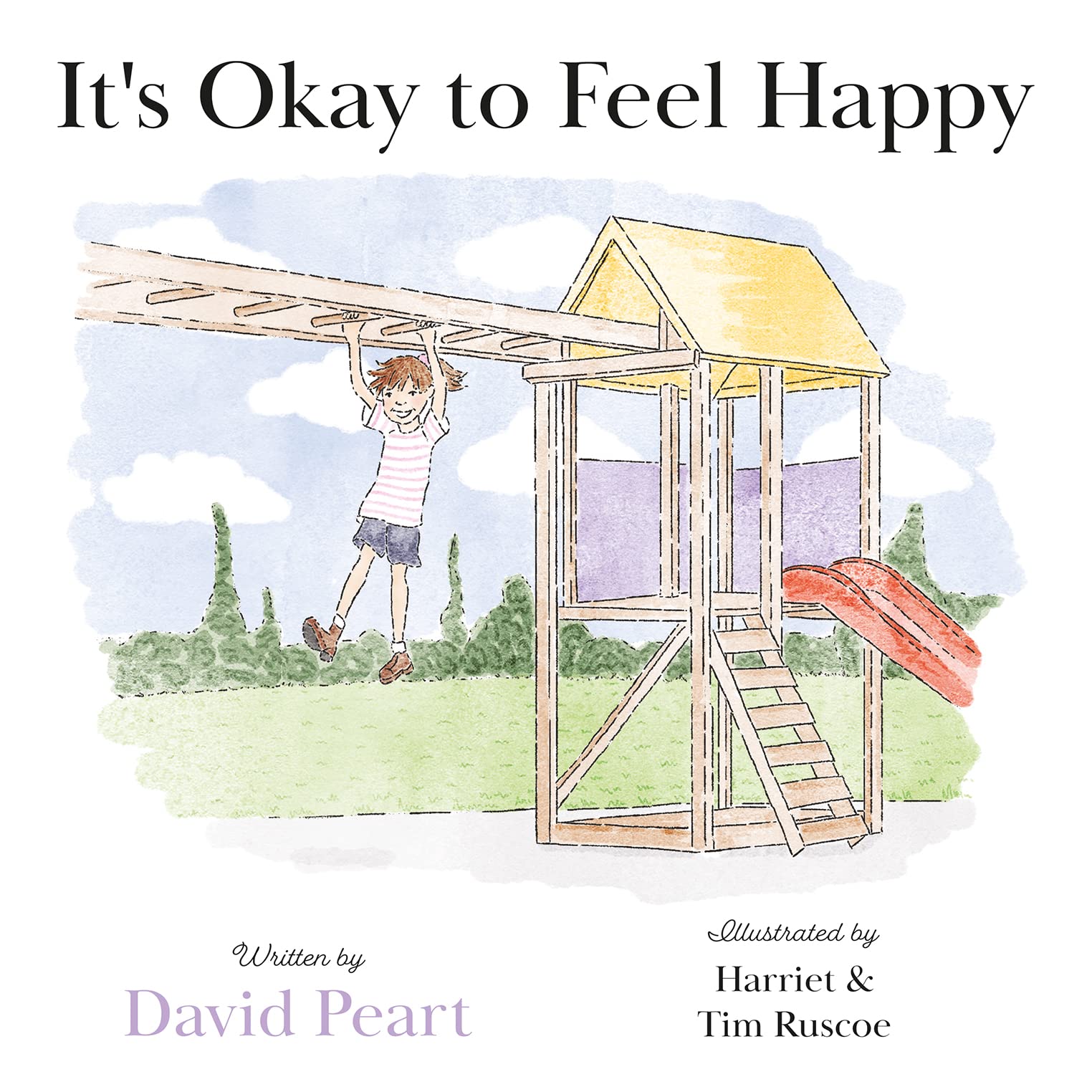
This book emphasizes that it's normal to experience happiness even after a loss. It reassures children that feeling joy does not diminish the love they had for the person who has passed away. Through relatable scenarios, the book encourages children to embrace their emotions, fostering resilience and emotional intelligence.
-
"Where Are You Lydie?" by Emma Poore
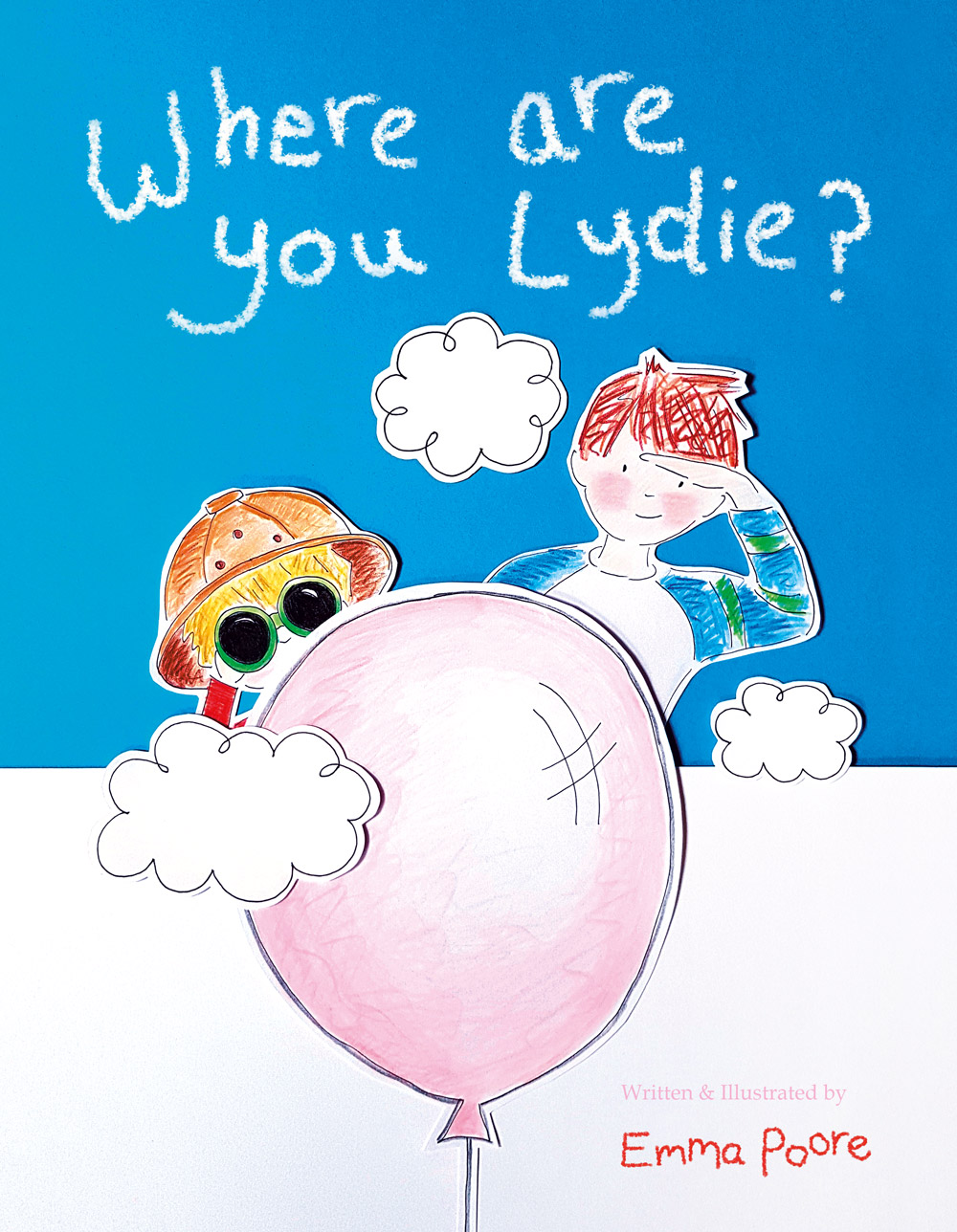
A heartfelt story that deals with the loss of a sibling, "Where Are You Lydie?" follows the journey of a family coping with the death of their baby girl. The narrative delicately portrays the confusion and sadness experienced by the surviving sibling, while also highlighting the importance of remembering and honoring the loved one. This book is a gentle resource for families dealing with similar losses.
-
"Grandpa's Window" by Laura Gehl

This touching story illustrates the process of coping with the loss of a loved one through the eyes of a young child. As the seasons change outside the window, the child learns to adapt to life without the loved one, finding comfort in memories and the continuity of life. The book offers a gentle approach to understanding death and finding hope amidst grief.
Incorporating These Books into World Book Day Celebrations
World Book Day provides an excellent opportunity to introduce children to literature that addresses important life experiences, including grief and loss. Incorporating these books into the day's activities can help children understand and express their emotions in a supportive environment. Here are some suggestions:
-
Storytime Sessions: Organize readings of these books in classrooms or libraries, followed by open discussions where children can share their thoughts and feelings.
-
Creative Activities: Encourage children to draw or write about their own experiences or feelings after listening to the stories. This can help them process their emotions and foster empathy among peers.
-
Parental Involvement: Provide resources or workshops for parents on how to discuss grief with their children, using these books as conversation starters.
-
Themed Displays: Create displays featuring these and other books that tackle difficult emotions, making them easily accessible to children and caregivers.
Conclusion
World Book Day is a celebration of the power of literature to educate, comfort, and connect us. By introducing children to books that address grief, we equip them with tools to navigate one of life's most challenging experiences. These stories not only validate their feelings but also open the door to healing conversations, reminding them that they are not alone in their journey through loss.
Related Articles:
5 Powerful Quotes About Grief
Should Children Attend a Funeral?
Helping Children Deal With Grief